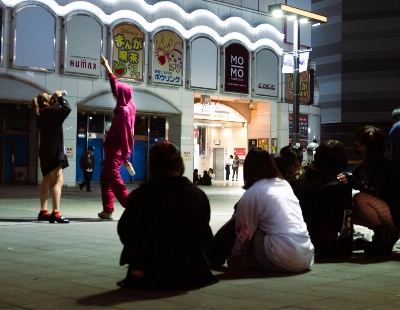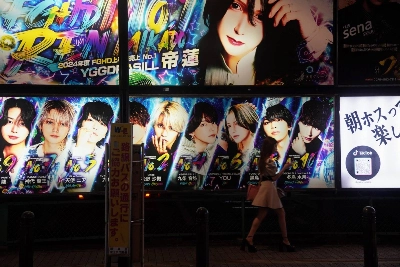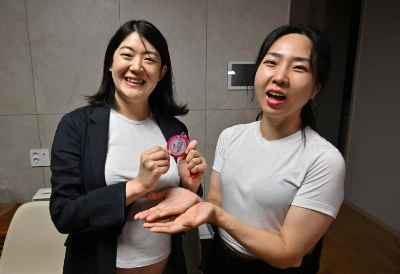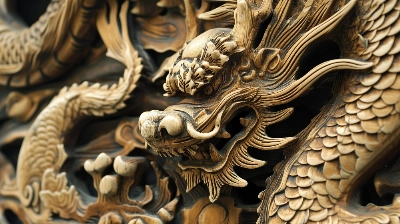Gosuke Katoh wrapped up what may have been the wildest week of his career in the basement at Tokyo Dome. As he stood among a group of reporters in a quiet corner of the Big Egg — while on the field level, Hokkaido Nippon Ham Fighters fans were still singing in the stands to celebrate a blowout victory over the Yomiuri Giants — Katoh tried to put his latest achievements into words.
He was briefly interrupted by Tsuyoshi Shinjo, the team’s flashy and loquacious manager, who strode by and loudly quipped, in English, “Good job, man!”
That was an understatement to say the least.


















With your current subscription plan you can comment on stories. However, before writing your first comment, please create a display name in the Profile section of your subscriber account page.